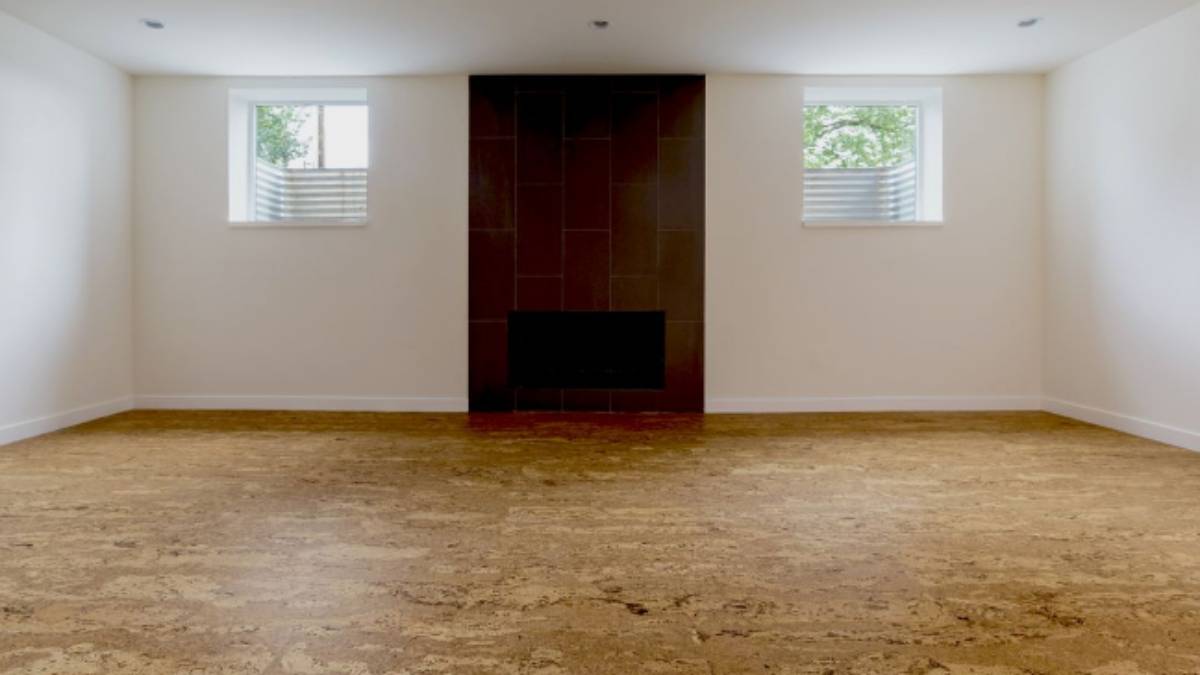What Should Humidity Be in Basement A Complete Guide for Homeowners
When it comes to maintaining a healthy and comfortable home environment, controlling the basement humidity plays a crucial role. You might be wondering what should humidity be in basement to keep it mold-free, prevent structural damage, and ensure good indoor air quality. This guide will help you understand ideal humidity levels for basements and provide practical tips on how to control moisture effectively.
Why Is Basement Humidity Important
Basements tend to be naturally more humid than other parts of your home. This happens because basements are often below ground level where moisture seeps through the walls or floors. High humidity can cause mold growth, musty odors, and damage to stored belongings. It can also impact your health by aggravating allergies and respiratory issues. Keeping basement humidity in the right range is essential to avoid these problems.
What Should Humidity Be in Basement for Optimal Health
The ideal basement humidity level should be between 30 and 50 percent. This range is comfortable, discourages mold growth, and helps prevent wood rot or paint peeling. When humidity rises above 60 percent, mold and mildew can thrive, causing damage and health risks. Conversely, if humidity is too low below 30 percent, it can dry out materials and cause discomfort.
How to Measure Basement Humidity Correctly
You can measure the humidity level in your basement using a device called a hygrometer. These are affordable and easy to use. Place the hygrometer in different parts of the basement to get an accurate average reading. Digital hygrometers give more precise results and often come with temperature sensors as well.
Common Causes of High Basement Humidity
Understanding why humidity is high in your basement helps in finding the right solution. Some common causes include:
-
Groundwater seeping through cracks or porous walls
-
Poor ventilation trapping moisture inside
-
Leaking pipes or plumbing issues
-
Damp or wet items stored in the basement
-
Humid outdoor air entering during warm months
How to Lower Humidity in Basement Effectively
There are several steps you can take to reduce basement humidity:
Improve Ventilation
Opening windows or installing vents helps exchange moist indoor air with fresh outdoor air.
Use a Dehumidifier
A good-quality dehumidifier is one of the most effective ways to maintain humidity between 30 and 50 percent.
Seal Cracks and Leaks
Water-proofing your basement walls and sealing cracks can keep moisture out.
Fix Plumbing Issues
Repair any leaking pipes or appliances that could be adding moisture.
Avoid Storing Damp Items
Keep wet clothes, firewood, or cardboard boxes out of the basement.
Best Basement Humidity Control Devices
Here are some recommended devices to help you control humidity:
-
Digital hygrometers for monitoring
-
Energy-efficient dehumidifiers with auto shut-off
-
Ventilation fans with humidity sensors
Signs of Too Much Humidity in Basement
Knowing the warning signs can help you take action early:
-
Musty or moldy smells
-
Visible mold patches on walls or ceilings
-
Condensation on pipes or windows
-
Peeling paint or wallpaper
-
Warping or swelling of wood furniture
Impact of Incorrect Humidity Levels on Home and Health
High humidity can cause:
-
Mold spores that trigger allergies or asthma
-
Structural damage from wood rot or rust
-
Increased dust mites
Low humidity can cause:
-
Dry skin or irritated sinuses
-
Cracked wood or flooring
Maintaining the right humidity helps protect both your home and your wellbeing.
Seasonal Variations in Basement Humidity
Humidity can change with the seasons. Spring and summer often bring higher humidity due to rain and warmer air. Fall and winter can have lower humidity but sometimes cause condensation due to temperature differences. Using a dehumidifier year-round or seasonal ventilation can help keep basement humidity steady.
DIY Tips to Keep Basement Humidity in Check
-
Use moisture-absorbing products like silica gel or charcoal
-
Insulate cold water pipes to prevent condensation
-
Keep gutters and downspouts clean to prevent water buildup near foundation
-
Regularly check sump pumps and drainage systems
When to Call a Professional for Basement Humidity Issues
If your basement has persistent moisture problems, mold growth, or water leaks, it’s best to contact a waterproofing specialist or home inspector. They can recommend long-term solutions like foundation repairs or advanced ventilation systems.
Conclusion
Now you know what should humidity be in basement for a healthy, comfortable, and safe living space. Keeping humidity between 30 and 50 percent prevents mold, protects your home’s structure, and improves indoor air quality. Regular monitoring, using dehumidifiers, and fixing leaks are key steps to maintaining optimal basement humidity. By staying proactive, you can enjoy a dry, fresh basement year-round.
Frequently Asked Questions (FAQs)
What is the ideal humidity level for a basement?
The ideal humidity level should be between 30 and 50 percent.
Can too low humidity damage my basement?
While less common, very low humidity can cause wood to dry out and crack.
How often should I check basement humidity?
Check at least once a week or after heavy rains and seasonal changes.
Will a dehumidifier eliminate basement mold?
A dehumidifier helps control moisture but mold removal may require cleaning or professional treatment.
Is ventilation enough to control basement humidity?
Ventilation helps but may not be enough if there is water seepage or leaks.
What causes basement humidity to rise suddenly?
Heavy rain, plumbing leaks, or lack of ventilation can cause sudden spikes.
Can basement humidity affect the whole house?
Yes, moisture can travel through air ducts and stairways, impacting overall indoor air quality.
Are there health risks from basement humidity?
High humidity encourages mold and dust mites, which can trigger allergies and respiratory problems.
